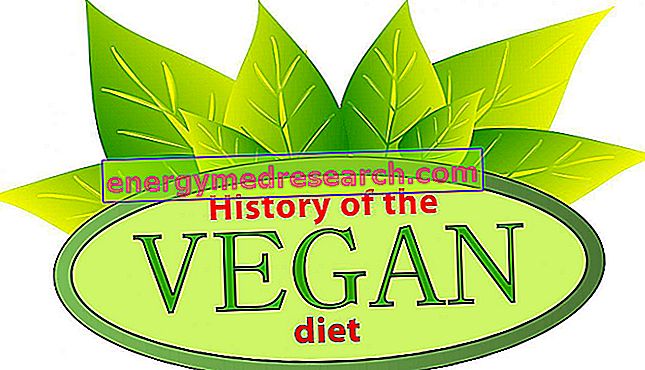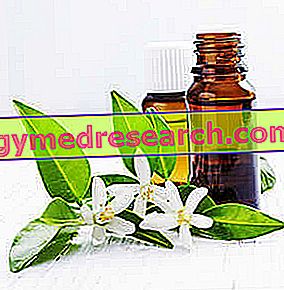Food | Cholesterol [mg / 100g] |
| Butter | 260 |
| Lard | 95 |
| 100% vegetable margarine | 0 |
| Margarine 2/3 animal fats and 1/3 vegetable fats | 50 |
| vegetable oils: olive, soy, corn, etc. | 0 |
| Cod liver oil | 570 |
Total cholesterol in foods »
Oils, fats and cholesterol
All oils and fats provide high amounts of energy, therefore they must be used in moderation; on the other hand, the impact these have on the metabolism is very different and varies according to the type of fatty acids and cholesterol they contain.
Among the oils and edible fats, the only ones that provide cholesterol are those of animal origin; this is the case of butter, lard, tallow and lard (lard is not considered properly edible) which, in parallel, also boast a significant amount of saturated fatty acids. Ultimately, the lipid supply of animal oils and fats is not the best.
On the other hand, there are also some oils of vegetable origin that are NOT really healthy; these, although they do not contain cholesterol, can be rich in HYDROGENATED fatty acids (made saturated by humans) and / or worse, fatty acids in a trans configuration. Hydrogenated fatty acids must be considered as saturated fatty acids, while trans fats (unwanted products deriving from the process of hydrogenation or peroxidation) are even more harmful. Among the vegetable oils and fats rich in saturated or hydrogenated and / or trans fatty acids, capable of altering (thus worsening) cholesterol metabolism, we recall palm oil (for frying) and hydrogenated margarines (for seasoning).
Let us not forget that, to improve the metabolism of endogenous cholesterol, it is still necessary to consume oils of vegetable origin; among these, the most suitable for seasoning are those rich in polyunsaturated fatty acids (better if they contain omega 3 and omega 6: soy oil, walnut oil, grape seed oil, corn oil etc.), while those suggested for frying and preservation they are rich in monounsaturated fatty acids (extra virgin olive oil). NB . Peanut oil and sunflower oil can also be used for frying, although bear in mind that they MUST NOT be used more than 2 times. Finally, to supplement a poor omega3 diet, it is advisable to consume fish oil capsules, or better, krill oil .
With these few tricks it is possible:
- Reduce cholesterol in the diet
- Reduce circulating cholesterol
- Increase the essential fatty acids in the diet
- Reduce trans fatty acids and toxic products resulting from inadequate frying.
Browse our video vegan recipes and find basic preparations, sauces and cholesterol-free condiments



